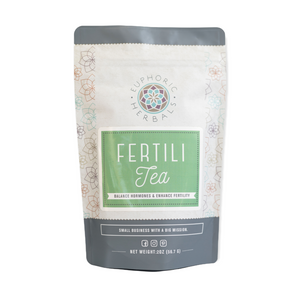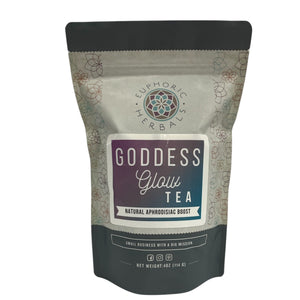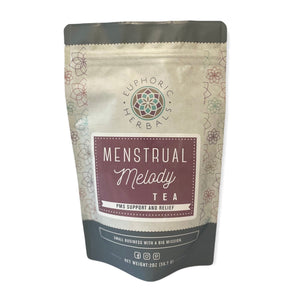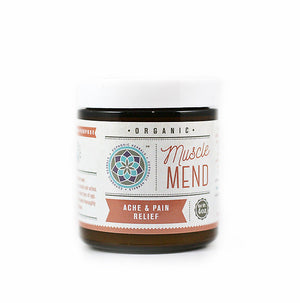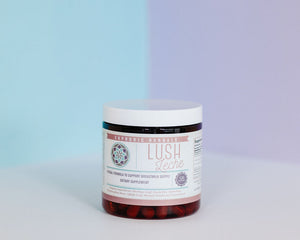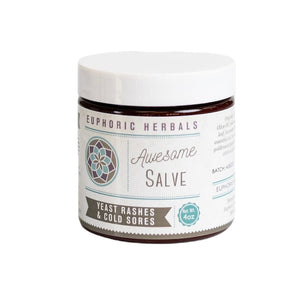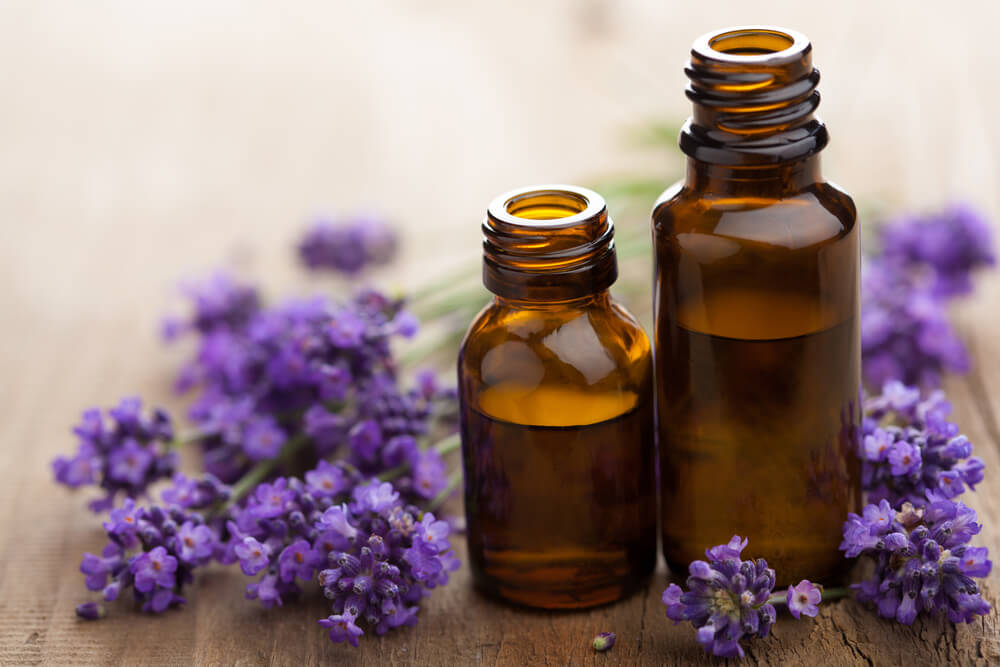The use of essential oils dates back to ancient times. Certain oils, like frankincense, are mentioned in the Bible and in the medicinal and spiritual practices of different cultures.
Over time, essentials oils became somewhat lost as a health remedy with the rise of conventional medicine and drugs. Thankfully, herbal traditions are coming back strong and have brought essentials oils into the spotlight once again.
When used correctly, essential oils can have major benefits for your mind, emotions, body, and skin. Here's more about what they are, how to use them, and how you can benefit from these powerful oils.
What are Essential Oils? + Usage Tips
Essential oils are very concentrated plant extracts. They can be extracted from a wide variety of plants and herbs and contain many of the same compounds as the original plant.
This makes essential oils very powerful, which means they can be incredibly beneficial but should also be used with respect. To give you an idea, it takes about 250 pounds of lavender buds to make just 1 pound of lavender oil and around 5000 pounds of rose petals to make 1 pound of rose oil!
As you can imagine, essential oils can be on the more expensive side because of how much plant material is needed to make a small bottle. But the good news is that just one drop of essential oil goes a long way, so a bottle will last a long time.
(If you want to learn more, here's an article on how essential oils are made.)
How Can You Use Essential Oils?

The two main ways to use essential oils are aromatically or topically.
When diffused in a diffuser, inhaled, or naturally diffused through something like a cotton ball, essential oils have major mental and emotional benefits because their small molecules are able to cross the blood-brain barrier and connect with the emotional center of your brain.
You can also apply essential oils topically, usually diluted in a carrier oil, to get their benefits for your skin and for internal support. An easy way to do this is to make a roller filled with your choice of essential oils mixed with a carrier oil.
There are certain traditional practices that also use essential oils internally. However, because essential oils are so concentrated and may burn your mouth or esophagus, it's best to only ingest oils under the direction of a qualified herbalist or aromatherapist.
Top Benefits of Essential Oils
Stress-Relieving and Mood-Lifting
One of the biggest essential oil benefits for most people is their stress-relieving power. Specific essential oils and aromatherapy in general have both shown positive effects for easing stress, anxiety, and even symptoms of depression. (1)(2)
Lavender is one of the top choices for relieving stress. Citrus oils like lemon or sweet orange are natural mood boosters. Lemongrass is another essential oil that has shown benefits for stress, anxiety, and depression.
However, at the end of the day, you should go with oils that smell the best to you and make you feel less stressed. (Here are the top 13 essential oil for stress if you need some ideas.)
Better Quality Sleep

There are several essential oils that promote sleep by relieving stress and inducing relaxation. Again, each individual will react differently to different oils, but lavender oil is one of the top performers for sleep in studies so far. (3)
Cedarwood is another good choice for better quality sleep and may have a sedative-like effect when inhaled. You can also experiment with valerian, chamomile, sweet orange, frankincense, sandalwood, and/or ylang ylang. (4)
Or try a combination of oils in this Sleep Tight blend.
Focus and Mental Energy
While some essential oils may help you feel sleepy at night, others can help you to feel more awake and focused. There's even research that indicates certain essential oils may have neuroprotective properties and help to keep your brain healthy as it ages! (5)
Rosemary essential oil is one of the best as far as focus and memory are concerned. Eucalyptus and peppermint are both stimulating for the mind, and citrus oils like bergamot can help with attention and alertness.
For children, try this Hocus Focus KidSafe blend that helps with calmness and concentration.
Skin Protection and Support
When applied topically, the benefits of certain essential oils include an ability to combat acne and infections, soothe irritation, ease itchiness or sunburn, and even promote hair growth. (6)
Tea tree oil is a great example of an all-around skin oil. It has both antibacterial and antifungal properties, making it a good choice for breakout-prone skin and to protect minor scrapes and cuts.
For more information and ideas, check out these top 12 essential oils for skincare.
Respiratory Support

Essential oils can be a great natural support for your respiratory system, particularly during cold and flu season or when you feel a bit congested. By inhaling them through a diffuser or herbal decongesting steam, they help to open up your airways and send good compounds deep into your lungs.
Eucalyptus essential oil is a prime example of a respiratory support oil. It's frequently used in vapor rubs (even store-bought ones) because of its powerful opening effect on the lungs. Peppermint oil is another good choice as are "tree oils" like pine, spruce, and cypress.
For combination support, try this Repir Aid Synergy blend.
Digestive Support
The digestive benefits of essential oils come in several ways. Some, like lemon or spearmint, can help to relieve nausea, motion sickness, and vomiting simply through inhalation. (Lemon oil is particularly powerful during pregnancy.) (7)
Others can help an upset tummy by being applied topically over the stomach. Peppermint is one of the top choices for this as are oils like dill, fennel, and ginger.
Peppermint essential oil has also been studied for its effects when taken internally and has been found effective for multiple symptoms of irritable bowel syndrome (IBS). However, keep in mind that these studies used peppermint oil used in an approved slow-release formula- not straight from the bottle. (8)
For children, you could make use of this Tummy All Better blend when indigestion hits.
Sore Muscles
If you have sore muscles or general aches and pains, you can ease them quickly by using an essential oil or two added to a carrier oil to make a massage blend. Or add the blend to bathwater and take a nice, long soak.
Peppermint and wintergreen both provide cooling relief, while clove essential oil has a mild warming and numbing effect. Rosemary is a good choice for soreness, and cinnamon (use carefully) helps to stimulate circulation.
For deep relief, try this Muscle Mend Salve that is infused with essential oils.
Headaches

Various essential oils have demonstrated benefits for pain relief, which is especially helpful in the case of a headache. If your headache is related to muscle tension, using a massage blend can help a lot, or you can rub a specific essential oil (diluted) into your temples, back of your neck, etc.
Peppermint essential oil has been shown in studies to help relieve both tension headaches and migraines. Lavender oil is also soothing, particularly for a stress headache. (9)
Natural Deodorizers
Diffusing essential oils is a great way to naturally freshen the air in your home, car, office, etc. They are so much better for you than conventional air fresheners, which are filled with toxins that you breathe in whenever you run them.
Cedarwood oil is a great natural deodorizer and actually neutralizes odors instead of just masking them. You can also fill the air with the natural scent of pine, the bright smell of citrus, the warmth of lemongrass, and so on.
Combine essential oils with baking soda in a dish for extra deodorizing powder in your refrigerator or near a trash can.
Precautions
Whenever you use essential oils, always keep in mind how powerful they are. Typically, they should be diluted before being applied to the skin, and you should start with small amounts of a new oil to see how you react.
Certain oils, like lemon or bergamot, may make your skin more sensitive to the sun if you apply them topically. Always research individual oils to see if there are any specific precautions associated with them.
Not all essential oils are suitable for young children (or during pregnancy/breastfeeding). You can see a list of the top essentials oils for kids here.
Enjoying Essential Oils
Once you learn how to use them and find your favorites, you might find yourself very much in love with essential oils! They can be combined with other natural ingredients in DIY skincare, added to bathwater for instant aromatherapy, and much more.
Remember that just one drop goes a long way, and enjoy using "nature in a bottle".
Disclaimer: This post is for informational purposes only. It does not constitute medical advice and should not be substituted for medical advice. Please consult your health care provider, herbalist, midwife, or naturopathic physician before taking herbs, supplements, etc. Here's the link to our full disclaimer.






















































